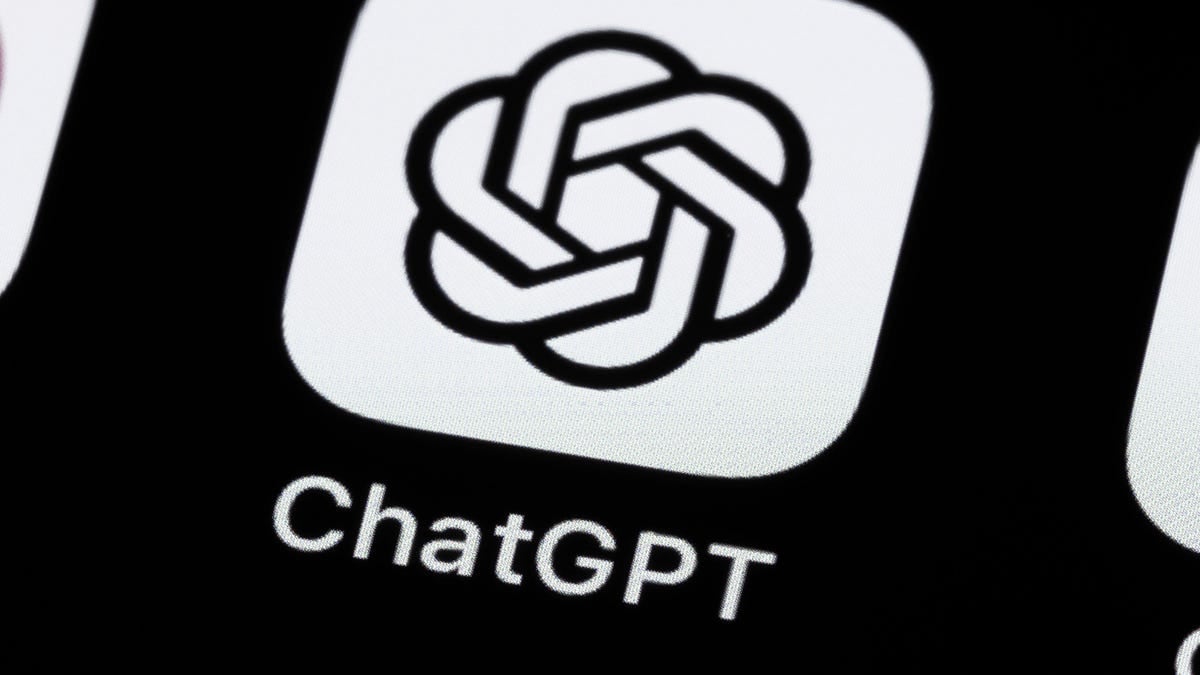The research from Purdue University, first spotted by news outlet Futurism, was presented earlier this month at the Computer-Human Interaction Conference in Hawaii and looked at 517 programming questions on Stack Overflow that were then fed to ChatGPT.
“Our analysis shows that 52% of ChatGPT answers contain incorrect information and 77% are verbose,” the new study explained. “Nonetheless, our user study participants still preferred ChatGPT answers 35% of the time due to their comprehensiveness and well-articulated language style.”
Disturbingly, programmers in the study didn’t always catch the mistakes being produced by the AI chatbot.
“However, they also overlooked the misinformation in the ChatGPT answers 39% of the time,” according to the study. “This implies the need to counter misinformation in ChatGPT answers to programming questions and raise awareness of the risks associated with seemingly correct answers.”



yeah, no.
try to compare horse speed with ford t and blindly extrapolate that into the future. look at the moore’s law. technology does not just grow upwards if you give it enough time, most of it has some kind of limit.
and it is not out of realm of possibility that llms, having already stolen all of human knowledge from the internet, having found it is not enough and spewing out bullshit as a result of that monumental theft, have already reached it.
that may not be the case for every machine learning tool developed for some specific purpose, but blind assumption it will just grow indiscriminately, because “there is a trend”, is overly optimistic.
I don’t think continuing further would be fruitful. I imagine your stance is heavily influenced by your opposition to, or dislike of, AI/LLMs
oh sure. when someone says “you can’t just blindly extrapolate a curve”, there must be some conspiracy behind it, it absolutely cannot be because you can’t just blindly extrapolate a curve 😂